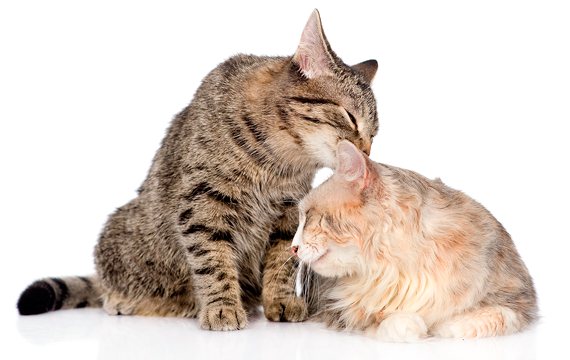
Dr Jeremy Campbell, clinical director at The London Cat Clinic, said: “There is a risk that if cats lick the hand sanitiser from peoples’ hands, or it becomes attached to their fur, they will become ill.
“Most hand sanitisers are ethanol or isopropanol-based, with some containing as much as 95% alcohol. Just like other forms of alcohol, if a pet ingests too much ethanol, it can be toxic.
“If a cat ingests significant enough quantities of ethanol it can cause lethargy, vomiting, coordination problems, weak respirations, and dangerous drops in blood sugar, blood pressure and body temperature. The worst affected can potentially experience seizures and respiratory failure.”
Dr Campbell said that other than using pet-friendly reduced or non-alcohol-based hand sanitisers, there are several steps cat owners can take to avoid their pet ingesting sanitiser and getting sick.
He recommends:
• When returning home, thoroughly wash your hands to prevent hand sanitiser becoming attached to your cat’s fur and then ingestion through licking or from direct licking of your hands
• Use alcohol-based sanitisers when leaving the house, rather than entering it
• Remember to store hand sanitisers safely out of reach of all pets
• Use lower alcohol or no alcohol pet-friendly hand sanitisers
• Do not use ethanol-based hand sanitisers directly on cats, as they are toxic
• Do not using any disinfectants at all to wash cats
Dr Campbell added: “If your cat ingests hand sanitiser or any other toxin, I’d advise people to call their vet immediately.”

